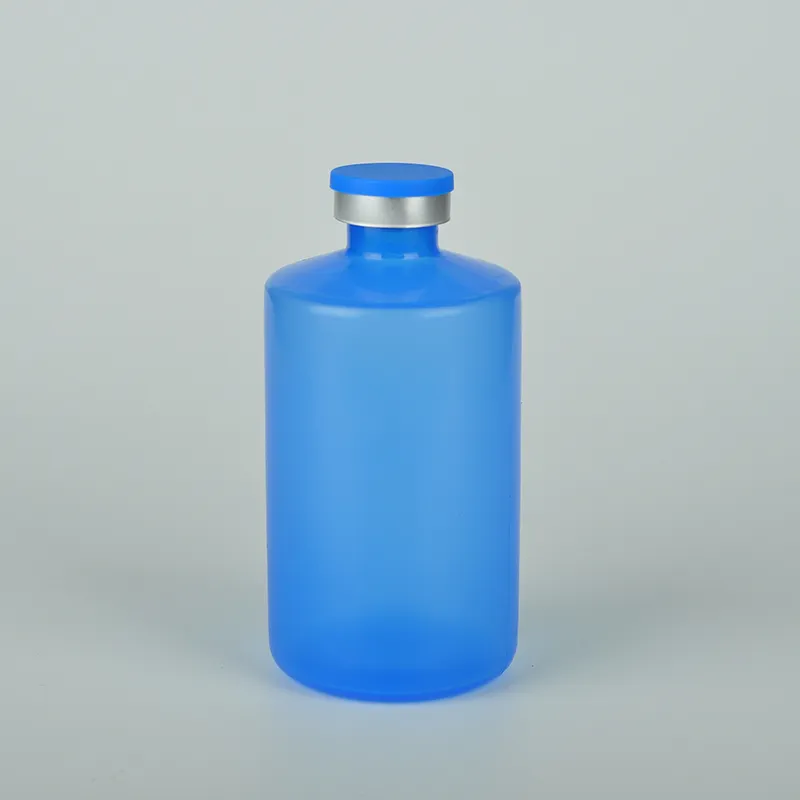plastic medicine bottles
The Role of Plastic Medicine Bottles in Modern Healthcare
In the ever-evolving landscape of healthcare and pharmaceuticals, one often overlooked element plays a pivotal role in the safe and effective distribution of medications plastic medicine bottles. These ubiquitous containers are more than mere vessels; they are crucial in ensuring patient safety, maintaining medication integrity, and contributing to environmental sustainability, albeit with mixed results.
Enhancing Patient Safety
First and foremost, plastic medicine bottles are designed with patient safety in mind. Unlike glass, which can shatter easily, plastic bottles offer a lightweight and durable alternative, reducing the risk of breakage. Moreover, many manufacturers incorporate child-resistant features into their designs, preventing accidental ingestion by young children. This safety measure not only protects infants and toddlers but also eases the minds of parents and caregivers.
Beyond physical considerations, plastic medicine bottles often come equipped with accurate labeling, including dosage instructions, expiration dates, and potential side effects. This information is critical in preventing medication errors and ensuring that patients adhere to their prescribed treatments. The transparency of plastic allows for clear visibility of the contents, enabling patients to easily identify the medication they are taking.
Maintaining Medication Integrity
The integrity of medications is paramount in delivering effective healthcare. Plastic medicine bottles are engineered to preserve the stability and efficacy of pharmaceuticals. Advanced materials, such as polyethylene and polypropylene, provide excellent barriers against moisture, oxygen, and light—elements that can degrade the quality of the medication.
plastic medicine bottles

Moreover, the use of specialized plastic formulations can prolong shelf life and protect sensitive compounds from environmental factors. For instance, certain medications, such as those containing biologics or light-sensitive components, require specifically designed bottles that shield them from potential degradation. This focus on medication integrity underlines the importance of research and innovation in the development of packaging solutions.
Environmental Impact and Sustainability
Despite their advantages, the widespread use of plastic medicine bottles raises concerns regarding environmental sustainability. The production and disposal of plastic contribute significantly to environmental degradation, prompting a call for more sustainable practices within the healthcare industry. Many pharmaceutical companies are now exploring options for biodegradable or recyclable materials to mitigate the environmental footprint associated with plastic packaging.
Initiatives aimed at recycling plastic medicine bottles are gaining traction, enabling healthcare providers and patients to participate in sustainability efforts. Programs that promote the return of used medication containers for proper recycling can help minimize waste while fostering environmental stewardship. Additionally, educational efforts addressing the proper disposal of empty medicine bottles are crucial, as flushing medications or throwing them in the trash can contaminate water systems and harm wildlife.
Future Innovations
As technological advancements continue to reshape the healthcare industry, it is likely that plastic medicine bottles will evolve alongside these changes. Innovations in smart packaging, for instance, may incorporate digital features to alert patients when it’s time to take their medications or remind them of refills. Moreover, advancements in bioplastics could lead to more sustainable alternatives that maintain the necessary protective qualities while having a lower environmental impact.
In conclusion, plastic medicine bottles play an integral role in modern healthcare, ensuring patient safety and medication integrity. However, the environmental implications of their use cannot be overlooked. By fostering a culture of sustainability and innovation, the healthcare industry can mitigate the negative impacts of plastic while continuing to provide essential services to patients. As we look to the future, the challenge lies in balancing the benefits of plastic medicine bottles with the need for environmental responsibility—an endeavor that will require collaboration and commitment from all stakeholders involved.
-
Aesthetic Makeup Spray Bottles | Fine Mist Empty RefillableNewsAug.19,2025
-
White Plastic Veterinary Vaccine Vials | Lab Liquid BottlesNewsAug.18,2025
-
Plastic Medicine Liquid Bottle: Secure Flip Top Drug VialsNewsAug.17,2025
-
Durable 250ml Blue Plastic Vaccine Vial for Lab & Vet UseNewsAug.16,2025
-
Sterile Virus Sample Tubes: Secure & Reliable Specimen CollectionNewsAug.15,2025
-
White 250ml Plastic Vaccine Vial for Lab & Vet MedicineNewsAug.14,2025
























